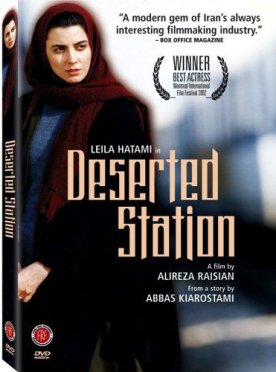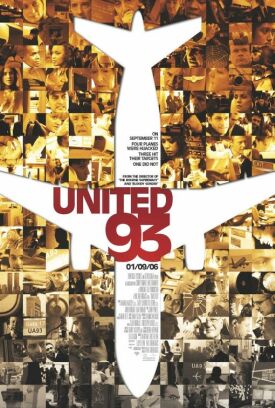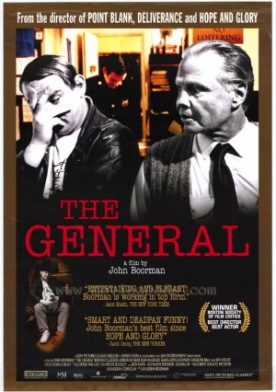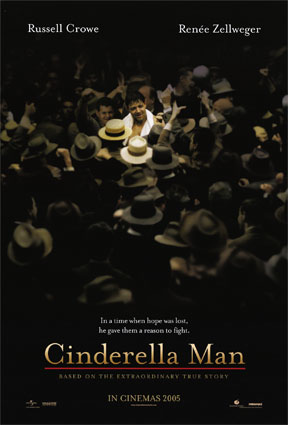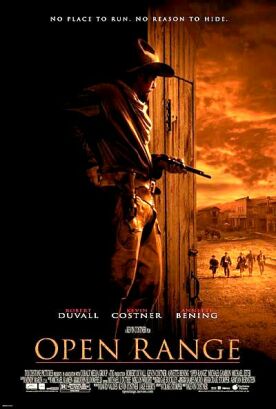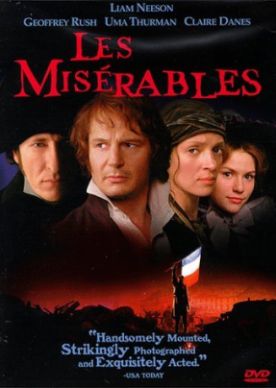Deserted Station, The
There is, it has to be said, a certain similarity to the look of what are otherwise the splendid films of the Iranian cinematic flowering of the post-revolutionary era. Much of this is owing to the enormous influence of Abbas Kiarostami, the director of such memorable pictures as A Taste of Cherry and The Wind Will Carry Us. It is therefore not surprising to learn that Ali Reza Raisian’s Deserted Station (Istgah-Matrouk) was adapted by its screenwriter, Kambuzia Partovi, from a story by Kiarostami. We see here not only the latter’s kind of scenario — sophisticated and more or less Westernized people from the city who find themselves learning from the wisdom of country folk living in the harsh Iranian desert — but also his kind of treatment. As in Kiarostami’s films, that is, the slow pace and the long takes are meant to suggest the rhythms of rural life, and we continually see confined spaces — often inside motor vehicles — alternating with enormous desert vistas. Also familiar are the abbreviated, sententious dialogue, extended silences and frequent medium close-ups that require a lot of acting with the face.
In fact, the first five or ten minutes of the film consist of nothing but shots of a man (Nezam Manouchehri) driving through the Iranian desert in a Chevy Blazer — how did he come by that I wonder? — seemingly alone. Tight on him, the camera shows him taking an interest in the landscape and fussing with a map on the dashboard. From time to time he takes longer looks to his right, but such shots are intercut with others of the desert landscape and the empty sky meant to suggest that he is just looking at the scenery. It is only when he stops to get out and photograph his second set of ruins that the camera pans to the other side of the vehicle’s cab to show a sleeping woman (Leila Hatami) in the seat next to him. This turns out to be his wife, and we gradually learn that his name is Mahmood, that he is a photographer, that they are from Tehran and that they are making a pilgrimage to Mashad to pray for a child after suffering two miscarriages. The wife isn’t named.
This form of absence, as well as her visual one in the beginning, seems an appropriate beginning to a movie about heart-tearing absences, and it may also be related to the passing of a military vehicle in which chador-clad women seem to be guarded by soldiers. The human world is as harsh as the desert, it seems, particularly for women. Yet this man obviously has feelings of tenderness towards his wife, and their abbreviated ménage, an oasis in the desert, also proves to be one to the peculiar desert village where they are forced to seek help when their vehicle is incapacitated on swerving to avoid a deer.
The village consists almost entirely of children and old women apart from two men, Feizollah Parikhany (Mehran Rajabi), who is teacher, mechanic, doctor, barber and factotum for the village, and an illiterate railway switchman (Mahmoud Pak Neeyat). All the other men and most of the younger women have jobs elsewhere and are seldom able to see their children. Mahmood’s wife, a former teacher, agrees to teach them in Feizollah’s place while the latter takes her husband on his motorcycle to get the part he needs to fix their SUV. Thus the poignancy of children without parents meets that of a parent without children. In the course of her stay there are hints that her prayers for fertility will be granted in the words of a wise old village woman who speaks in prophecies (“This time your offering will be accepted”) and in the more homey and down-to-earth wisdom of Feizollah (“When God gives you daughters, he also gives you the patience”).
Nothing very much happens here, as you might almost expect, either in the village school or on the quest of the two men, to which we cut periodically, for the missing auto-part. At times it looks as if something important will develop, as when the motorcycle, too, breaks down or there is a dangerous-looking game played in a couple of abandoned trains, but nothing ever does. All the action turns out to be symbolic. The question, posed by one of the children in particular, about where the trains go becomes as freighted as the trains themselves, but with meaning which the film is content to leave unelaborated. In a climactic game of hide-and-seek, the teacher starts hunting the children, but soon she sits and stares out of one of the train’s broken windows and they start hunting her. This image is then repeated as, their Blazer finally repaired, the couple start driving out of town on their way to their site of pilgrimage and the imam who, they hope, is to bless them with children, while the children of the village start running after them.
This is rather a farcical but also a deeply touching scene as Mahmood, impatient to get on, tells her to ignore their pursuit and she, unable to do so, keeps telling him to stop the car — and them to stop following it. She tries to bribe them with bits of their provisions and extracts a promise that they will not follow anymore — which they then proceed to disregard. Finally, Mahmood tells his wife to shut her eyes so she won’t see them, then that they have stopped coming, even though they have not stopped. In the end the situation remains unresolved, but in a way that suggests an aversion of the cinematic gaze from the pain of another loss, another separation, another absence.
Westerners may try to find herein implied criticisms of the “patriarchal” Iranian culture, but the film’s treatment of the themes of loneliness and loss strikes me as being almost entirely unpolitical. Rather the casual fatalism of Feizollah and the other villagers is meant as a corrective to the urban and Western impulse, only imperfectly embodied in Mahmood and his wife, not to accept the world as we find it. It’s that sort of striving which has left these children without parents in the first place. And yet it is not simply dismissive of the urbanites either, who are still sufficiently attached to the old ways to be going on pilgrimage, after all. The overall effect of the film, in addition to its poignancy, is a kind of restfulness imposed upon the agitation which, minimal as it is, is meant to suggest to us our own world. It’s not the greatest example of contemporary Iranian moviemaking, but it’s not contemptible either.
Discover more from James Bowman
Subscribe to get the latest posts to your email.

